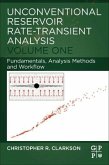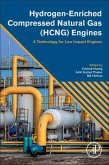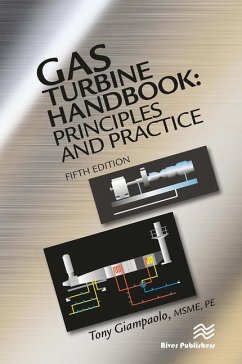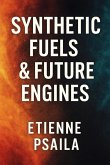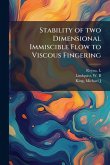As the offshore industry progressively moves into deep and ultra-deep waters, protection of marine environment and climate change concerns are top of mind for researchers and offshore engineers while safely maintaining development of ocean resources. A lot of theory exists in literature but with no bridge to application and accelerated innovation. Advanced Hydrodynamics of Floating Offshore Structures: Methods, Case Studies, and the Role of Renewable Energy delivers the structure linking fundamentals to application while expanding into advances in offshore engineering such as renewable energy sources. Engineers and researchers can improve their design and analysis skills with the latest methods and more challenging tasks in the field. Starting with the basics before advancing into novel approaches and new challenges, the reference gives maximum benefit from detailed procedures and practical case studies showcasing the technology advancements. Supported by flow charts, process diagrams, and many other visuals, Advanced Hydrodynamics of Floating Offshore Structures: Methods, Case Studies, and the Role of Renewable Energy gives today's marine researcher a much-needed bridge to apply sustainable methods into their technology and assets.
Bitte wählen Sie Ihr Anliegen aus.
Rechnungen
Retourenschein anfordern
Bestellstatus
Storno


